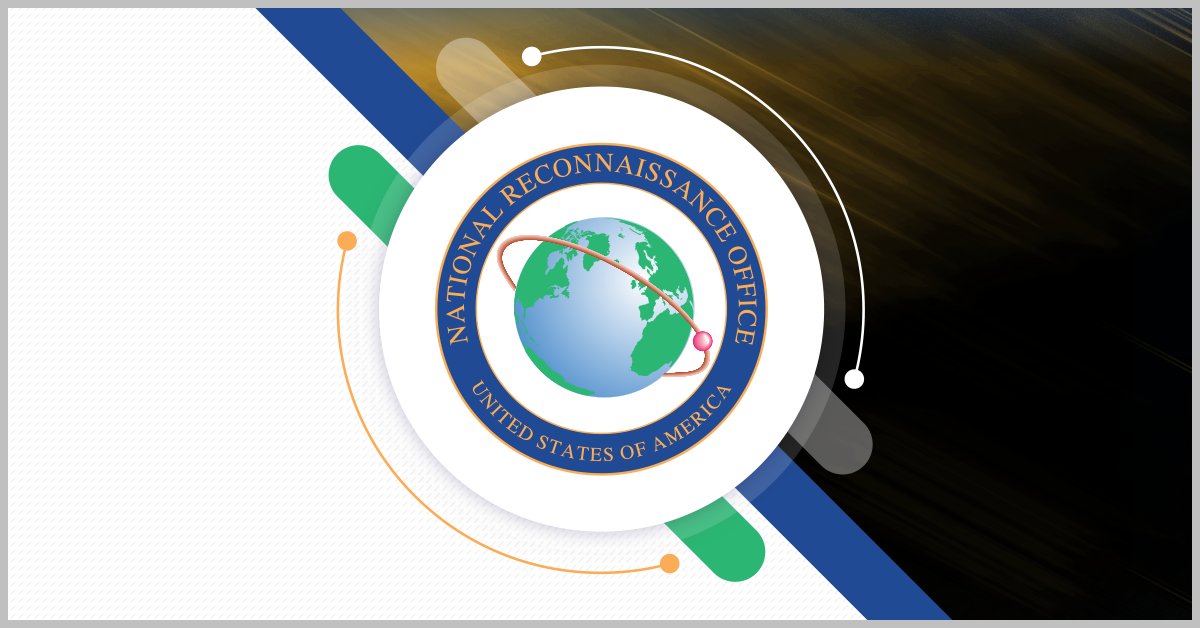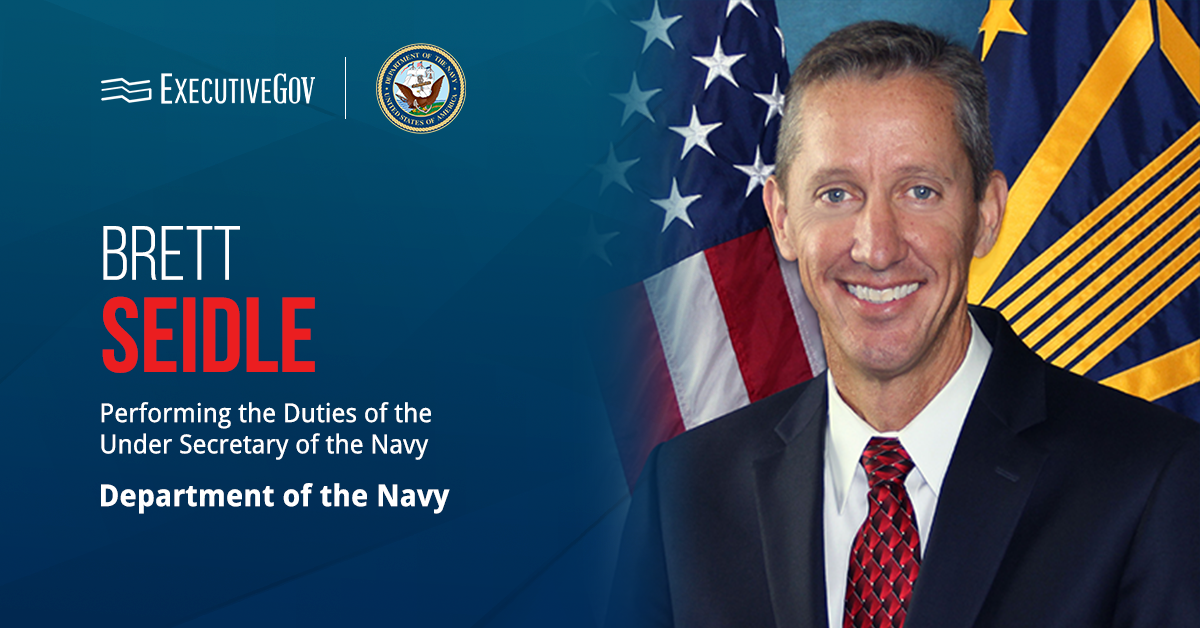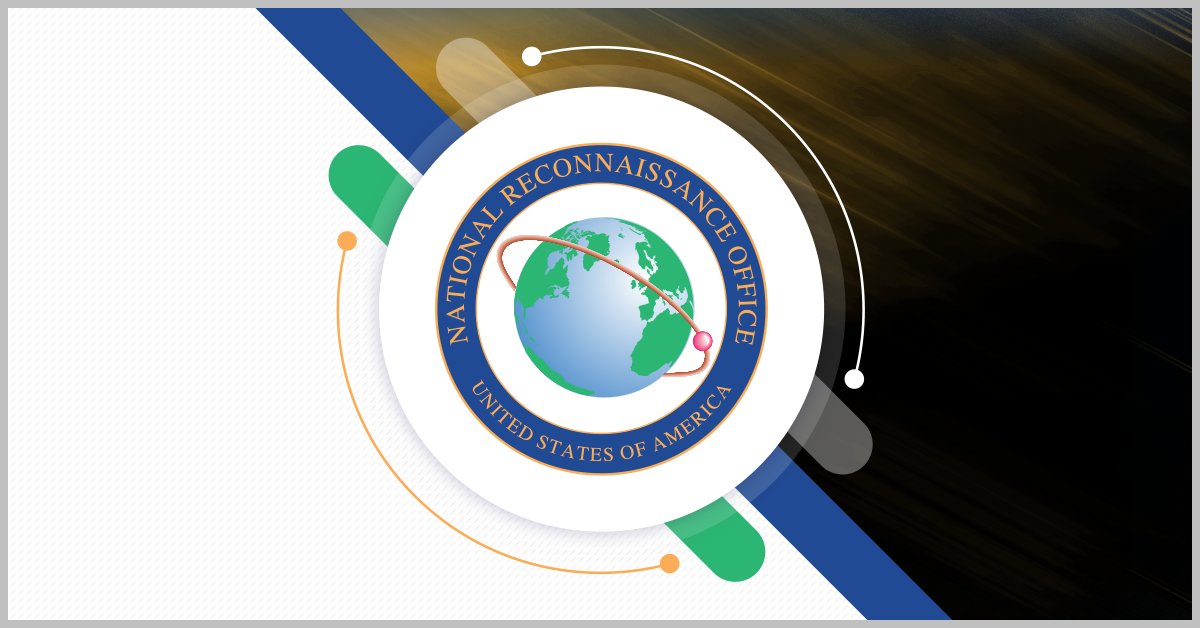The National Reconnaissance Office and the Space Systems Command’s Assured Access to Space program launched the NROL-145 mission aboard a SpaceX Falcon 9 rocket from Space Launch Complex-4 East at Vandenberg Space Force Base in California on April 20.
Table of Contents
NROL-145 Mission Achievements
NRO said Sunday the NROL-145 is the first proliferated launch in collaboration with the SSC AATS under the National Security Space Launch, or NSSL, Phase 3 Lane 1 launch service NRO task order awarded in October 2024. It is also the tenth proliferated architecture mission overall and the fourth proliferated launch in 2025.
The NRO and SSC collaborated with Space Launch Delta 30 and SpaceX to launch the NROL-145 mission.
What Is the NSSL Program?
The NSSL is an initiative of the U.S. Space Force designed to ensure reliable access to space for national security missions. It is a collaborative launch acquisition program between SSC and NRO. The former organization, with headquarters at the Los Angeles Air Force Base in California, manages the program.
The program underscores NRO’s commitment to accelerate the deployment of reconnaissance satellites vital for the nation’s intelligence, surveillance and reconnaissance capabilities through the acquisition of multiple approaches to its proliferated architecture missions.
NRO launched over 200 satellites in the last two years. Another 12 missions are scheduled for deployment this year, while more proliferated launches are expected through 2029, in an attempt to guarantee continuous growth and innovation.














